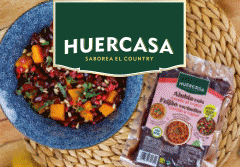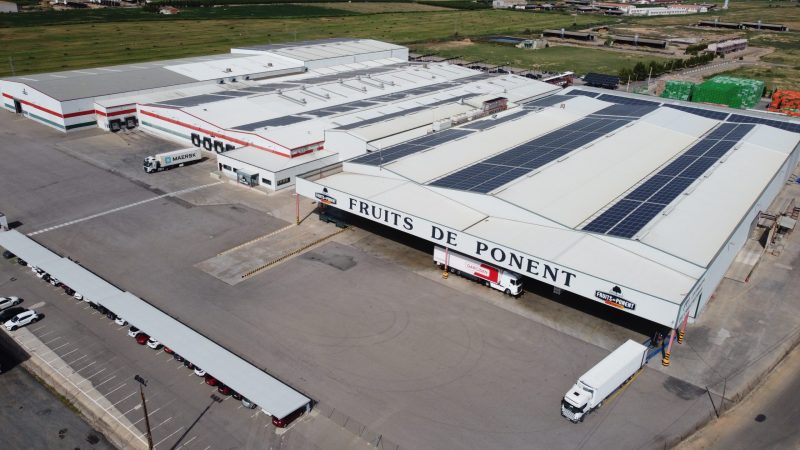Fruit Today spoke with Josep Presseguer, General Manager of the company.
Fruits de Ponent was the first company in the fruit and vegetable sector to commit to the Sustainable Development Goals. Since then, how has the company’s business policy evolved?
Fruits de Ponent signed the United Nations Global Compact in 2012, assuming a firm commitment to human rights and environmental protection in the business sphere. In 2020, this commitment was strengthened with my appointment as a member of the Executive Committee of the Spanish Network for the Global Compact.
Since then, the Sustainable Development Goals have become a strategic pillar. Over the years, we have worked on the implementation of several of the 17 SDGs, measuring and reporting our progress through our annual Sustainability Report. Today, sustainability is not just a purpose—it is a cross-cutting axis in our management. It is embedded in all areas of the company, starting with General Management itself, and translates into concrete actions that reflect our commitment to a responsible and future-oriented business model.
Of the 17 Sustainable Development Goals, which ones have seen the greatest involvement?
The SDGs are addressed transversally, with a holistic approach that covers environmental, social, and economic aspects. One of the most relevant is SDG 17 (partnerships for the goals), as we firmly believe that cooperation is a driving force for change. An example of this philosophy is the strategic alliance between Fruits de Ponent and Actel, with which we have created a new company aimed at improving the profitability of our producers, tackling the climate emergency, addressing the lack of generational renewal, and strengthening the sector’s competitiveness to ensure its long-term sustainability.
RELATED NEWS: Actel and Fruits de Ponent, following the same route
In addition, we have actively worked on other key SDGs: SDG 1 (no poverty) and SDG 3 (good health and well-being). We promote collaborations with organizations that support disadvantaged groups (such as Food Banks, Caritas…) and carry out initiatives that improve working conditions and the well-being of the people connected to our business ecosystem. We are also involved in SDG 6 (clean water and sanitation), developing techniques for more efficient water management both in the field and in industry. Regarding SDG 7 (affordable and clean energy), we invest in renewable energy installations to reduce our environmental footprint. In short, sustainability is part of our company’s DNA, and we continue to move forward in integrating the SDGs into every aspect of our activity.
What are the sustainability challenges for the coming years?
In the coming years, we will focus on three fundamental areas: climate action, resource efficiency, and the social and economic sustainability of the agricultural sector.




















